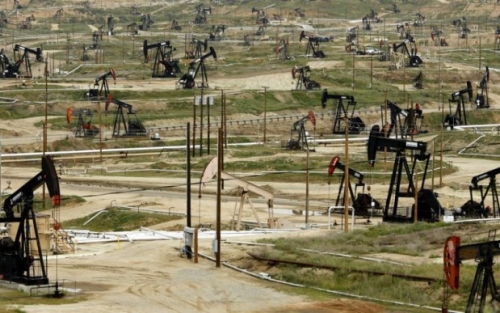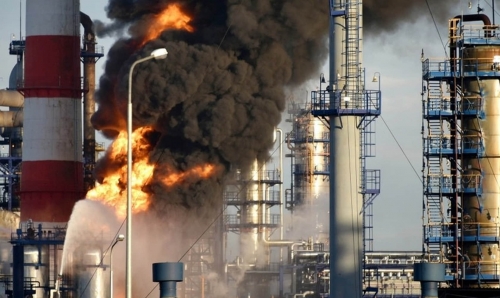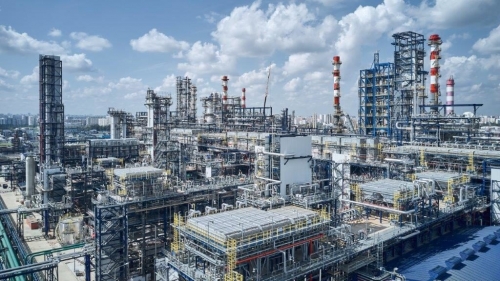Iran's Oil Minister said April 29 OPEC and non-OPEC countries had given positive signals for an extension of output cuts, which Tehran would also back.
OPEC meets in May to discuss oil supply policy. Oil prices fell last week though they closed higher on April 28 on growing hope that OPEC might agree to extend production cuts long enough to reduce a global crude glut.
"During these last days we received a positive signal from OPEC members and non-OPEC contributors in this agreement for cutting the production for extending this agreement for the second half of 2017," minister Bijan Zanganeh told reporters.
Zanganeh blamed the U.S. for lack of foreign investment in Iran's energy sector, citing political pressure on international oil companies.
"They (U.S.) cannot stop us, anyone cannot stop our activities for developing oil and gas but ... they can reduce the acceleration of our activities," he said.
Under a deal reached in 2015, Tehran agreed to curb its nuclear program in exchange for lifting of most international sanctions imposed on the country.
But many foreign investors have continued to be put off by obstacles to doing business in Iran, including lingering unilateral U.S. sanctions.

%20(1).png)



